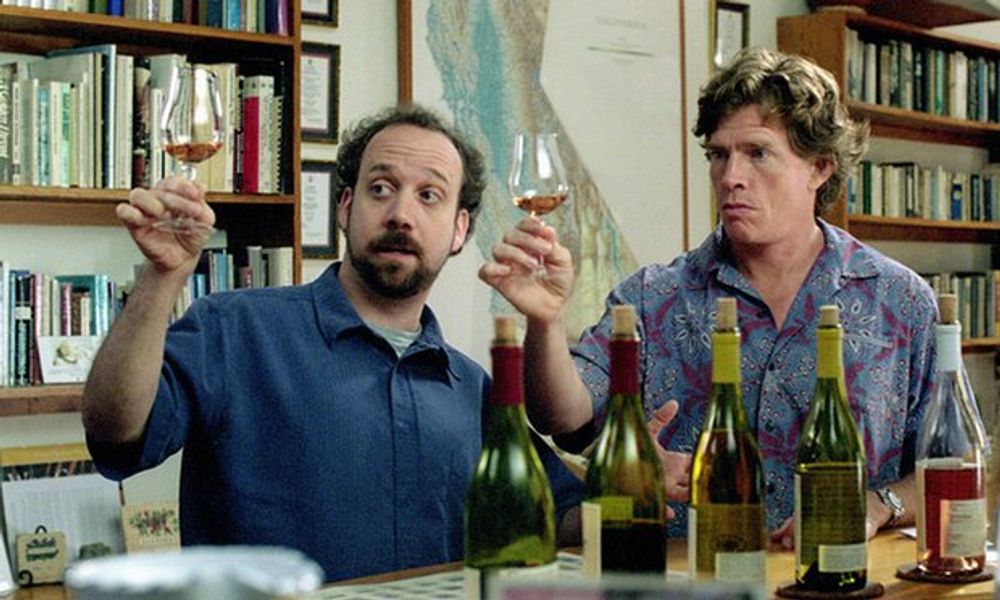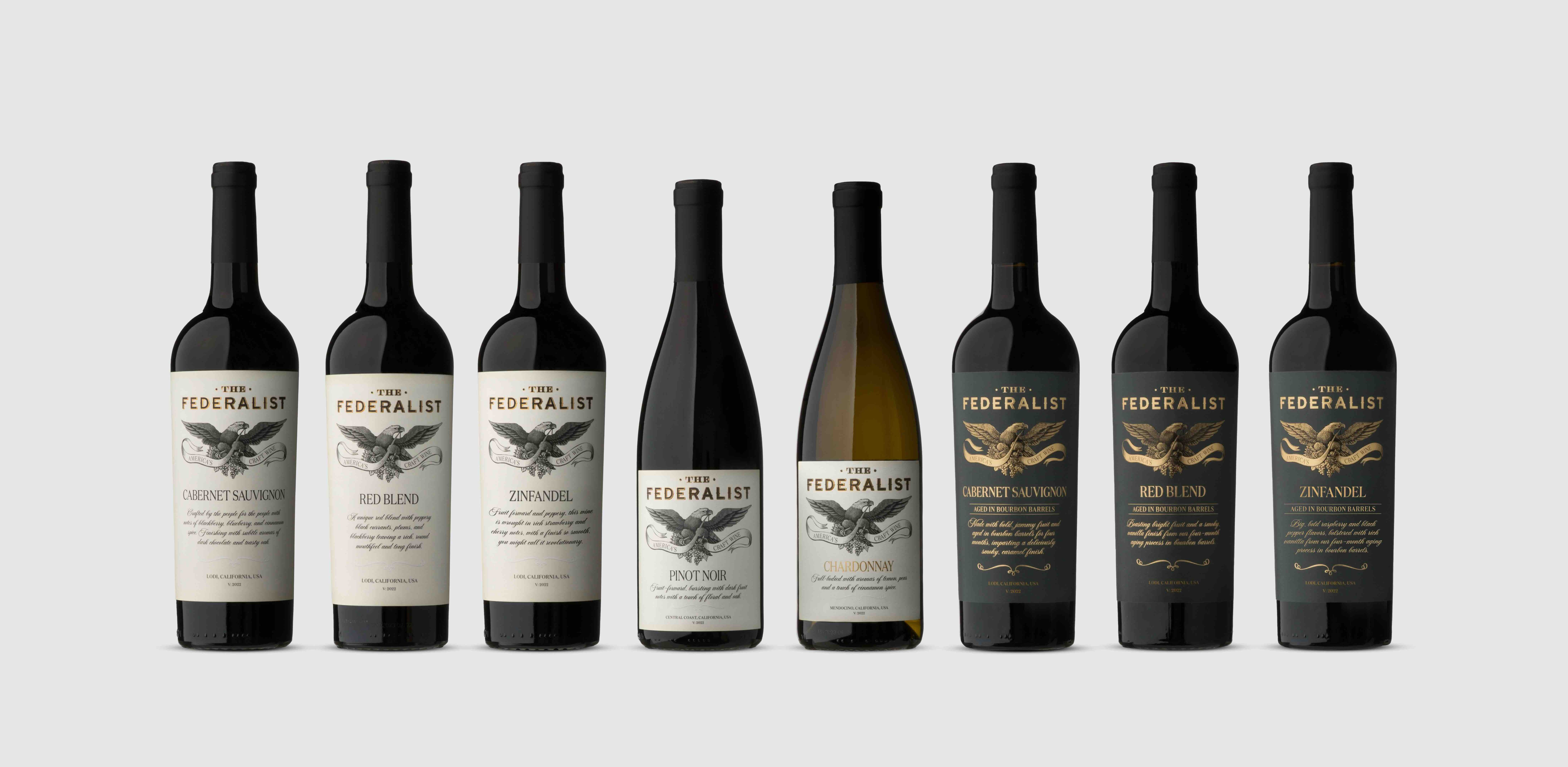We are constantly being told that organic anything will sell such is the interest in products that go the extra mile in terms of how they are made. But how you talk about and promote them to your customers is still a balancing act, says Miles MacInnes of Jascots Wine Merchants.
Last year sales of organic wines grew at their fastest rate since records began. The UK’s organic beers wines and spirits sales grew by more than 20% according to Soil Association statistics – well ahead of the overall organic market (5.3%). But what’s driving this trend and how should on-trade operators respond?
To the first question, organic wine offers consumers a winning set of benefits. It’s good for the environment, good for your health with traceable provenance and high-quality status. All of these choice criteria are gaining importance for wine drinkers (according to Soil Association research). The result is not only booming sales volumes but a remarkable average price of over £10 per bottle.

Organic and sustainable wines are a point of difference for Jascots Wine says Miles MacInnes
The view of the majority of wine professionals is that the organic wine trend is tied tightly to consumers’ growing concern for the environment, but this is only one factor.
Health factor
Consumers strongly believe that organic products, free from or low in chemical preservatives are better for our health. Moreover, there is a widely held fear that the herbicides and pesticides used in conventional crops may carry unseen risks. Our own health and that of our friends and family are of ever-increasing importance to us when we decide what to buy and consume.
The health benefits of organic production are particularly compelling for consumers of wine – a product with inherent “toxicity”. Intriguingly most drinkers blame products other than alcohol for their worst hangovers, usually chemical additives such as sulphur which are limited in organic wines. Many organic wine purchases are driven by self-preservation.
We are prepared to pay a significantly higher price for a bottle of organic wine (average shelf-price of £10+) than a conventional one (just over £7) and a lighter hangover is well worth the investment, the higher price is something that consumers of organic produce of any kind is familiar with and are willing to pay. In fruit and vegetables, for example, organic produce has a reputation for being tastier as well as more wholesome.
That perceived quality has long been a driver for consumers to pick organic from the grocery aisles of supermarkets. Jaded, professional wine buyers, however, know too well that organic accreditation on a wine is not a reliable pointer to quality and that as many organic wines are of average quality as any other category.
Provenance and perception

It’s the quality of the wine that is still going to get people really excited about wine than just organics per se says Miles MacInnes
For this reason the quality perception that “organic” gives to the consumer is largely overlooked by wine professionals as a driver of demand; as is its link to provenance. For most non-professionals, the source of a bottle of wine is very challenging to decipher, “is Echo Falls a place?”; “Is Chablis a grape?”. In the absence of in-depth knowledge of appellations, the term organic contains within it a guarantee of traceable provenance, reassuring consumers that this wine did ultimately come from a field and not a factory. Provenance is a vital asset to the perception of quality in food and beverage products above all.
For wine companies and restaurants alike there’s a lot to work with in responding to demand for organic wine. First we have to bear in mind the three key drivers:environment; health; and quality. Secondly, we must appeal to these motivators in the right measure. Think tank “The World Resources Institute’s” advice is clear when it comes to selling healthy and sustainable foods – emphasise the inherent quality of the produce and not its benefits to health or the environment. Health and sustainability messages infer a compromise to satisfaction, they are benefits that do not go hand-in-hand with taste or indulgence.
Wine is such a discretionary purchase for which indulgence is still the key motivator that it is not optional to appeal to this purpose. In practice, according to the WRI, this means that separating “organic” products into a group in the list actually prevents more than promotes sales. Only a niche group of customers choose organic wines on the strength of them being organic alone. Organic wines should be identified but kept within the main list and with their taste and provenance emphasised to optimise sales.
- Do you have a view of organic or sustainable wines and like to share them on The Buyer? Email Richard Siddle on richardsiddle@btopenworld.com.









































